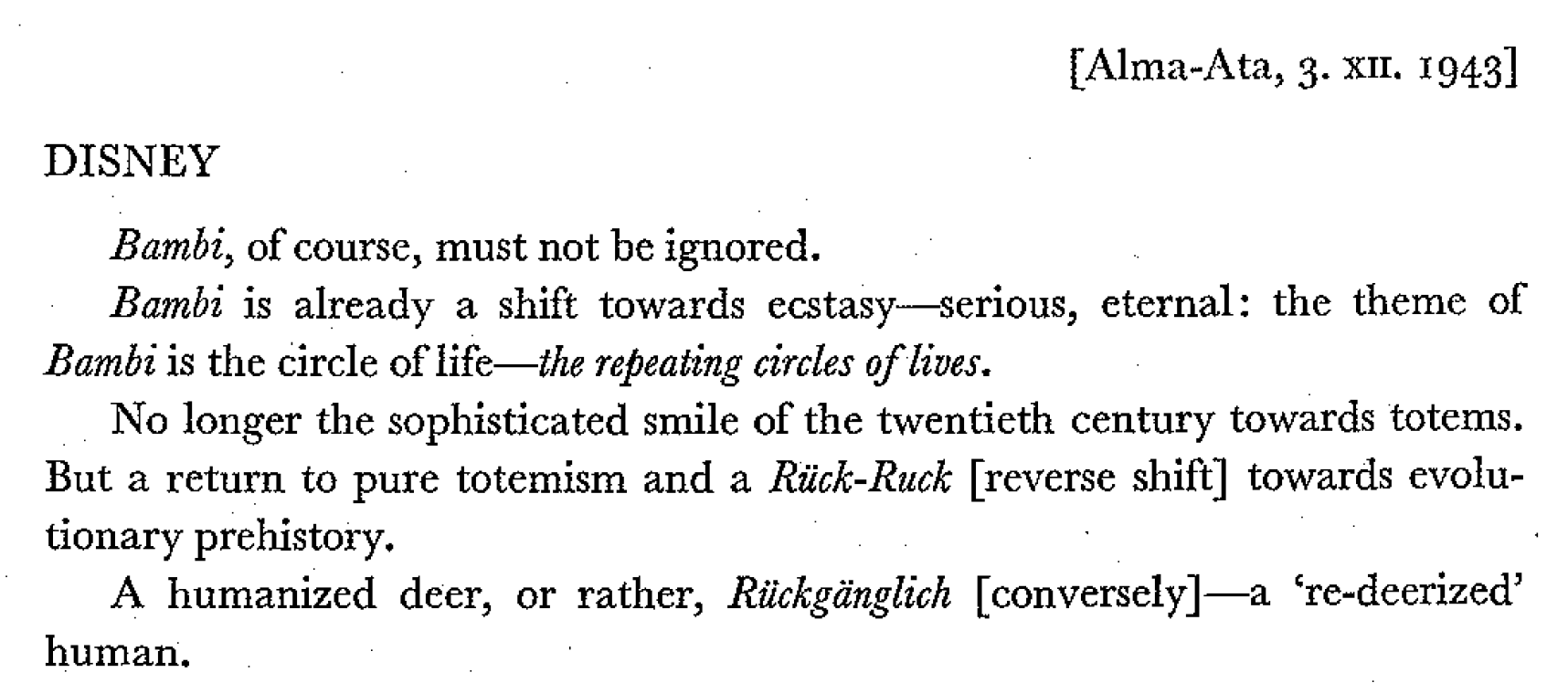Even though it may come naturally, griping isn’t necessarily always a good thing. Ruminating on negative feelings, and reinforcing them through constant discussion with other people, can lead to catastrophizing, which “is something that can contribute to depression” […]
This can happen because “the more you do something, the more entrenched that path becomes in your brain and the more you continue to do it” […]
Constantly complaining can be an easy way to frustrate our confidantes, but there is research that shows it can also be a useful tool in bonding and helping us process emotions like stress and frustration.
“In short: Yes, it’s good to complain, yes, it’s bad to complain, and yes, there’s a right way to do it” […] The trick to doing it right starts with understanding how the word “complaining” is often misused to describe a variety of behaviors, with some being more harmful or helpful than others. […] there are roughly three categories: venting, problem solving and ruminating, otherwise known as dwelling. […]
Life isn’t perfect. That’s why expressing negative feelings is not only normal, but also healthy, Dr. Kowalski said, adding that the unrealistic expectation that we should always be happy can make us feel worse. […] Inhibiting the disclosure of our dissatisfaction “can produce a negative effect,” she said, because it not only stops us from naming our problem but also prevents us from getting to the root of it.
That’s why “complaining is, ideally, totally solutions focused,” Ms. Gilbertson said. Though venting is not as focused on solving problems, “there are also really positive benefits,” Dr. Grice said, because it allows us “to get things out in the open and get our feelings heard so they don’t build up and cause stress.” […]
You want to avoid what Dr. Grice calls wearing “muddy glasses,” where no matter what’s going on you always find something to complain about. The same goes with rehashing a problem over and over again, whether with friends or in the echo chamber of the internet.
{ NY Times | Continue reading }
 A man diagnosed with Wuhan coronavirus near Seattle is being treated largely by a robot
A man diagnosed with Wuhan coronavirus near Seattle is being treated largely by a robot 

















